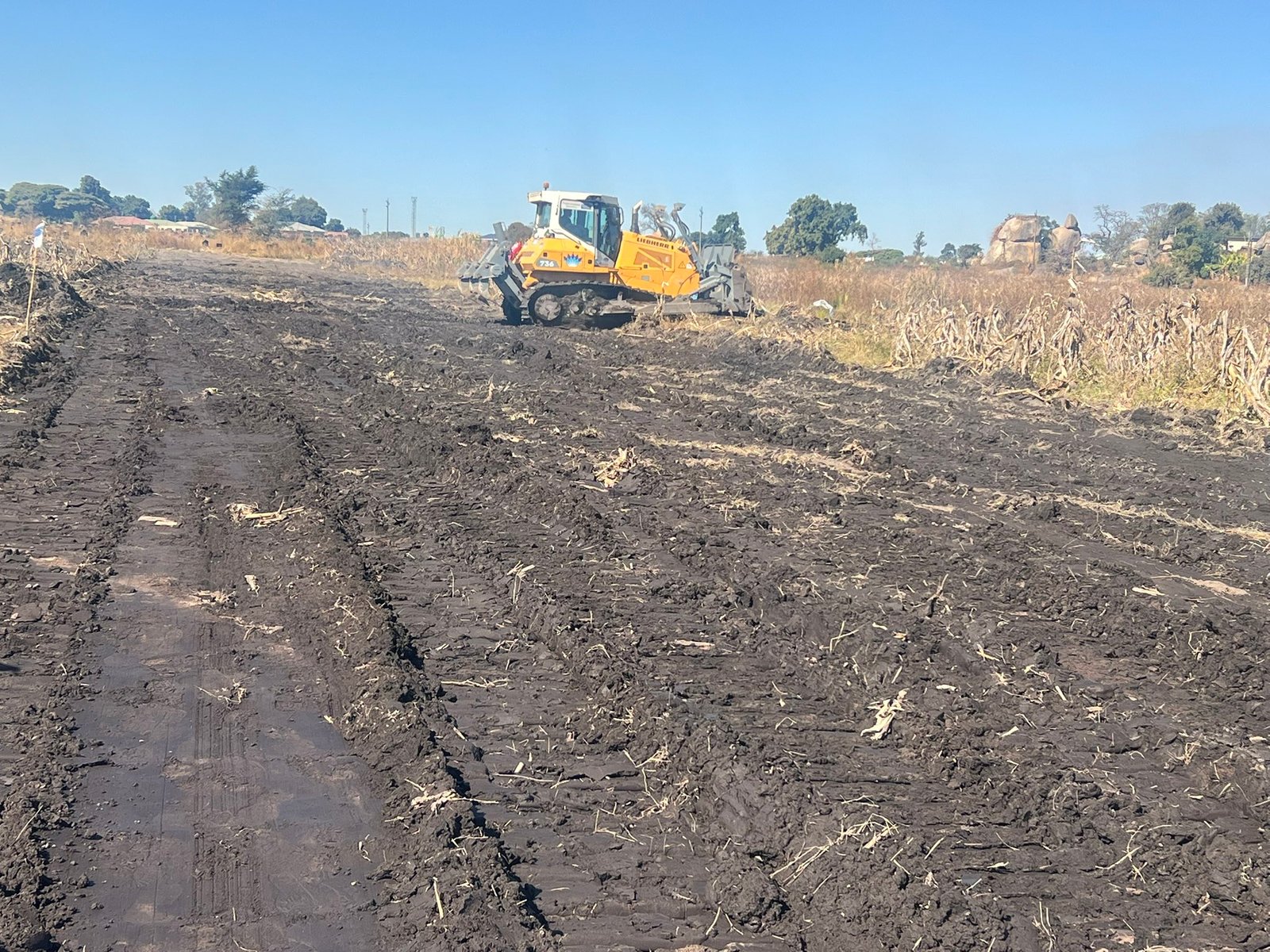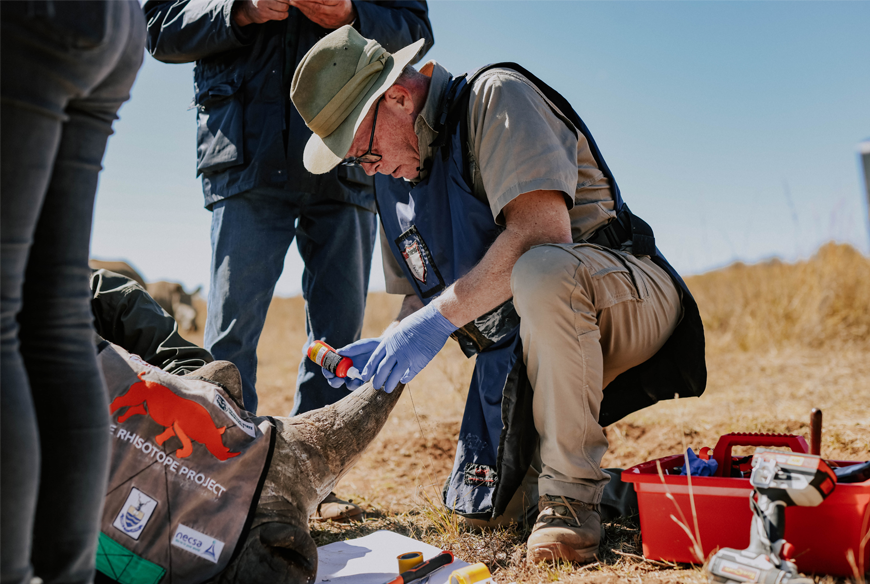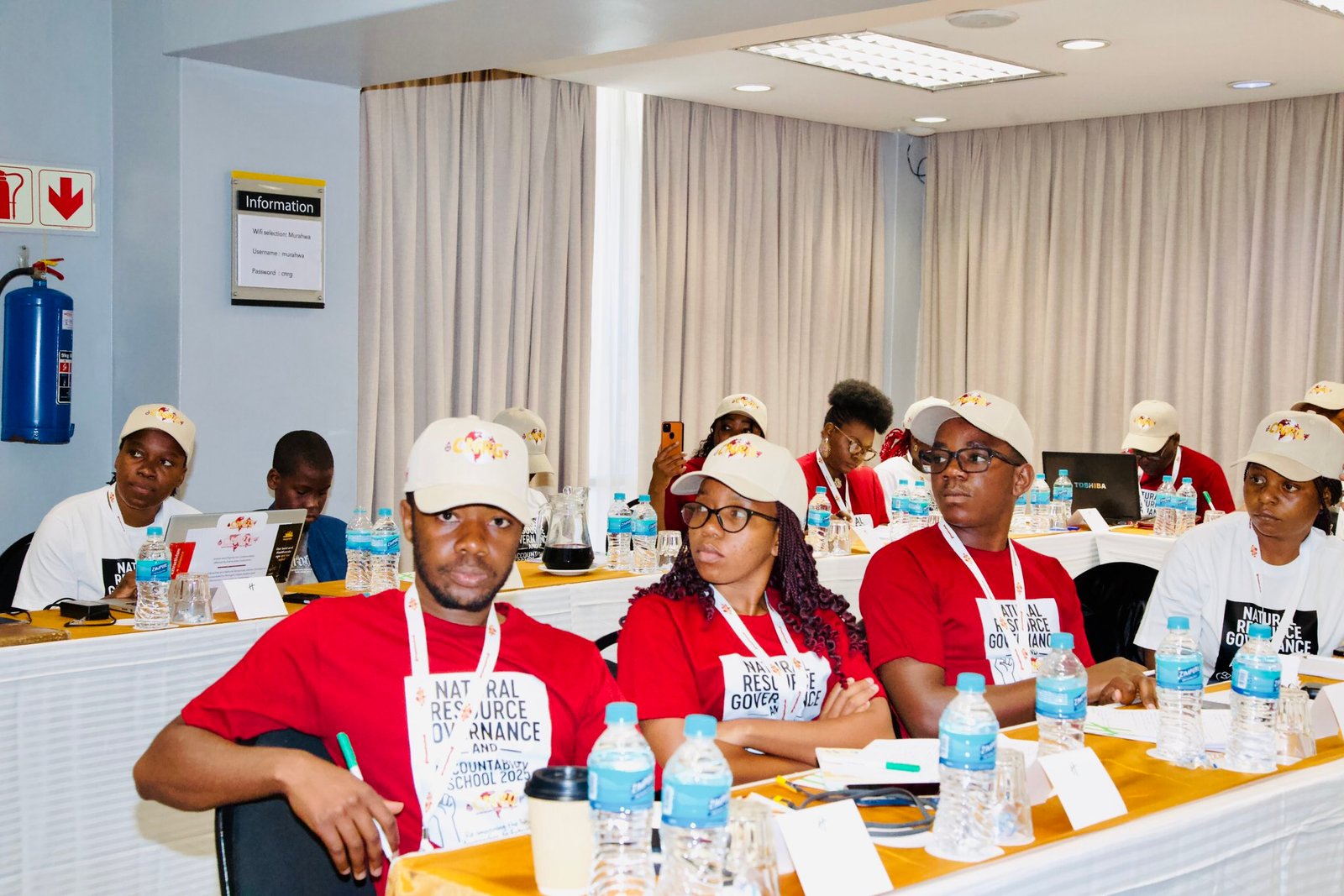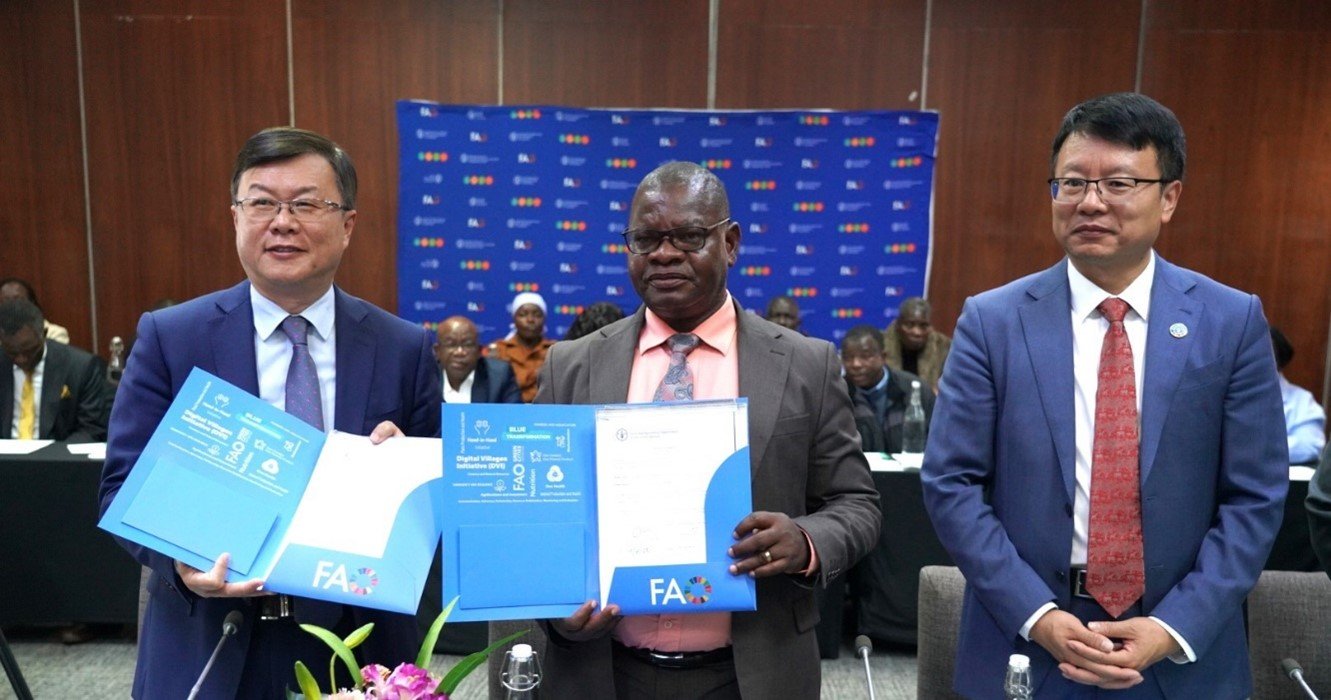Zimbabwean youth are demanding a formal seat at the table as the country prepares to host the Ramsar Convention’s 15th Conference of the Contracting Parties (COP15) on wetlands later this month.
Dozens of young environmentalists, researchers and students gathered in Harare recently for a youth seminar on wetlands, organised by the African Youth Initiative on Climate Change-Zimbabwe (AYICZ), the University of Zimbabwe’s Environment, Climate and Sustainable Development Institute (ESCDI), and BirdLife Zimbabwe.
The forum sought to elevate youth perspectives on wetland conservation and shape the National youth statement on Wetlands to be presented at COP15.
Professor Kefasi Nyikahadzoi, Director of ESCDI at the University of Zimbabwe, says young people must play a central role in wetland conservation, as they are the future leaders and long-term beneficiaries of these ecosystems.
“It is crucial that their voices are heard. These young people are our leaders of tomorrow, they are the ones who will continue to benefit from wetlands, especially in the face of climate change,” he said.
With climate change driving reduced rainfall and lowering agricultural productivity, wetlands have become a critical lifeline. He says youth-led, innovative approaches are key to ensuring sustainable management.
“As rainfall declines and agriculture becomes less productive, wetlands have become our lifeline.”
“If our youth can come up with innovative ideas for managing wetlands, I believe we will be on a path to sustainability.”
Despite their potential, many youths remain locked out of environmental policy spaces. Prof Nyikahadzoi said this exclusion undermines efforts to build lasting climate solutions.
“The major challenge we face is that most of our youth are being marginalised when it comes to governance in natural resource management, particularly when we talk about wetlands,” he said.
He believes that young people possess fresh ideas and scientific knowledge, and should be given a platform to shape the future of these critical ecosystems.
“These young people have acquired knowledge through their own research and through literature. They know a lot, but they do not have a platform to share or express that knowledge.”
“That is why this particular seminar is so important. It provides a forum where students can contribute their input on the management of wetlands.”
“This is especially relevant as we look ahead to the COP15 conference, a significant international gathering that brings together scholars and civil society from around the world in Victoria Falls. It is a vital opportunity for young people to voice their views through this platform,” he added.
Ignatious Maeresa, the Earth Co-Existence Initiative founder, described the seminar as a milestone in Zimbabwe’s preparations for Ramsar COP15.
“This event is a very important initiative, as it builds on the momentum that the Government of Zimbabwe has been creating in preparation for the Ramsar COP 15,” he said.
He also said the event marks a significant step in involving young people in wetland conservation and policy-making, including drafting a National Youth Position to be presented at the conference.
“It also marks a significant step toward meaningfully involving young people in discussions around wetland conservation and policy-making. One of the key issues we deliberated, is the development of a National Youth Position or Policy Statement, which will be presented during the side events at Ramsar COP15 in Victoria Falls.”
Youths are calling for immediate inclusion in decision-making, asserting their role as current leaders shaping a sustainable future.
“As youth, we have consistently emphasized the need to be included. We are not just the future, we are the now. We are the leaders of today. We want to support and contribute to the efforts being made by various authorities, stakeholders, and current leaders. Our meaningful involvement today means we are being empowered and prepared for the future that lies ahead,” Maeresa added.
Youth advocates also used the platform to call for the creation of a national youth advisory panel on wetlands, increased support for school-based environmental clubs, and a youth-focused wetland restoration fund.
Rima Africa co-founder Darlington Mafa said young people across Zimbabwe and Africa are already grappling with the effects of climate change, with the impact often exacerbated by structural barriers, underrepresentation, and a lack of access to funding and decision-making forums.
“Zimbabwean youth, like many across Africa, face the climate crisis amid political underrepresentation and limited resources for biodiversity action. Wetland loss, drought, and ecosystem degradation demand urgent, collective responses. While financing and policy support remain uneven, youth bring invaluable knowledge, innovation, and community spirit,” he said.
Zimbabwe’s National Focal Point for the Ramsar Convention on Wetlands is Phanuel Mangisi, who is also the Environmental Impact Assessment (EIA) Manager at the Environmental Management Agency (EMA) said “It is critical to recognise that young people are the leaders of tomorrow. One of the resolutions adopted at COP14 resolution 14.12 calls on contracting parties to engage youth in wetlands conservation work. We have appointed a national youth coordinator to engage various youth groups to gather their views and ensure their perspectives are included in the lead-up to COP15.”
“Our Constitution guarantees every person the right to a clean, safe, and healthy environment. Both the Constitution and the Environmental Management Act emphasise youth participation in decision-making. Their involvement is essential as they will carry forward the future of wetland and environmental protection,” he added.
COP15, set for July 23–31 in Victoria Falls, will bring together representatives from the 172 contracting parties to the Ramsar Convention, a global treaty for the conservation and wise use of wetlands. The conference is expected to adopt resolutions on financing, wetland inventory systems, and community-led protection models. Zimbabwe has seven Ramsar-listed wetlands covering over 450,000 hectares, including Lake Chivero, Driefontein Grasslands and Monavale Vlei.
The Government of Zimbabwe is in the process of gazetting wetlands of ecological importance as ecologically sensitive areas, which require protection from infrastructure development and other human activities. Despite these efforts, wetland degradation due to human activity remains a serious challenge. There is an urgent need to scale up interventions to safeguard the remaining wetlands.





